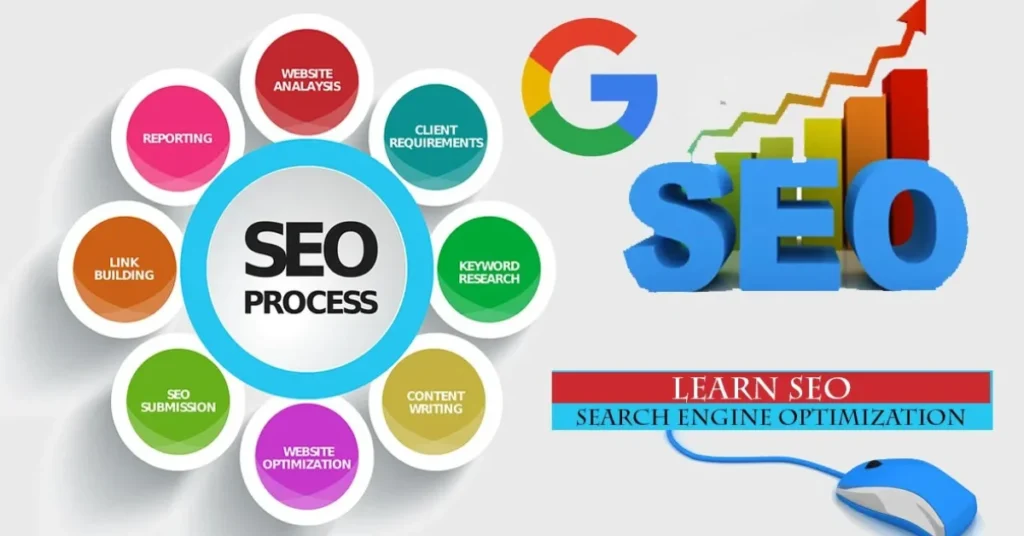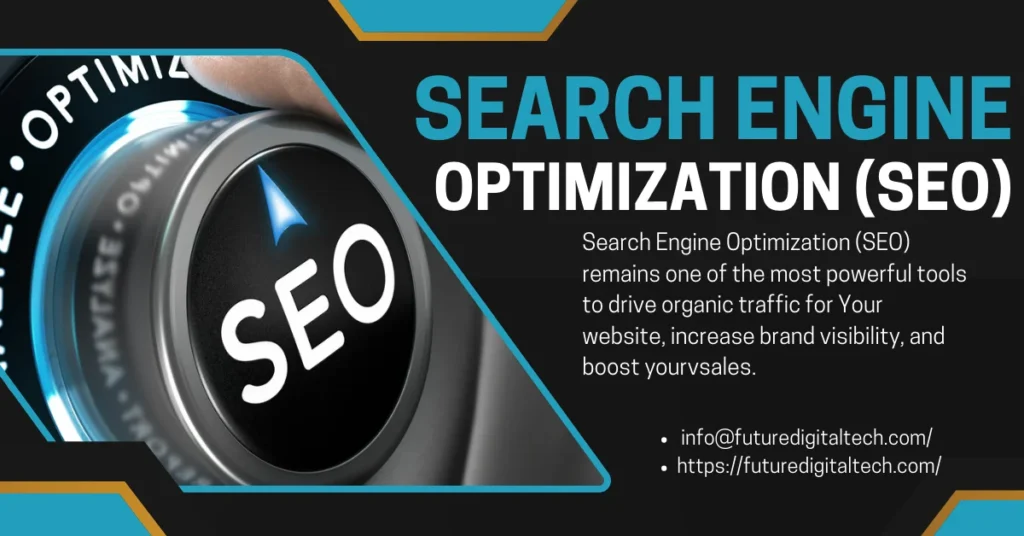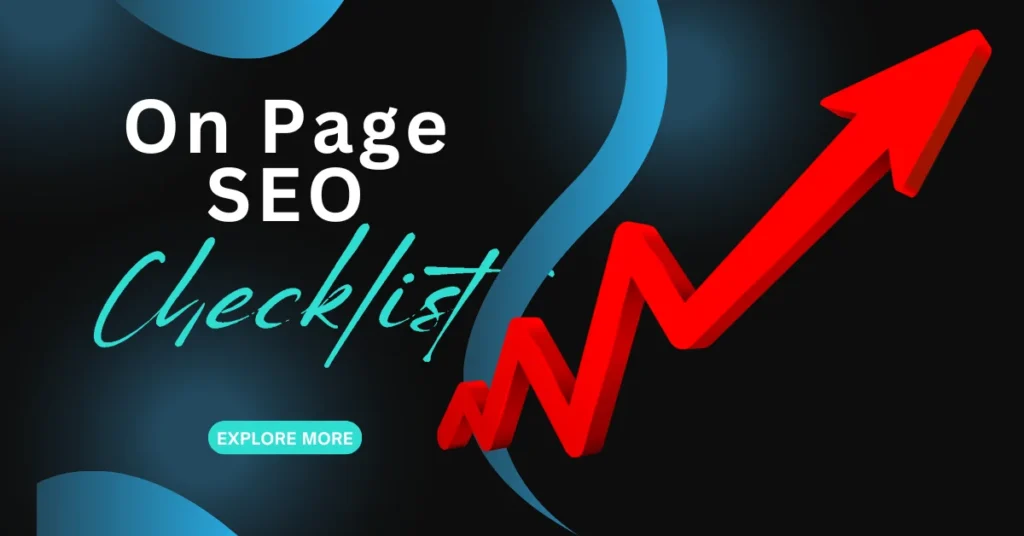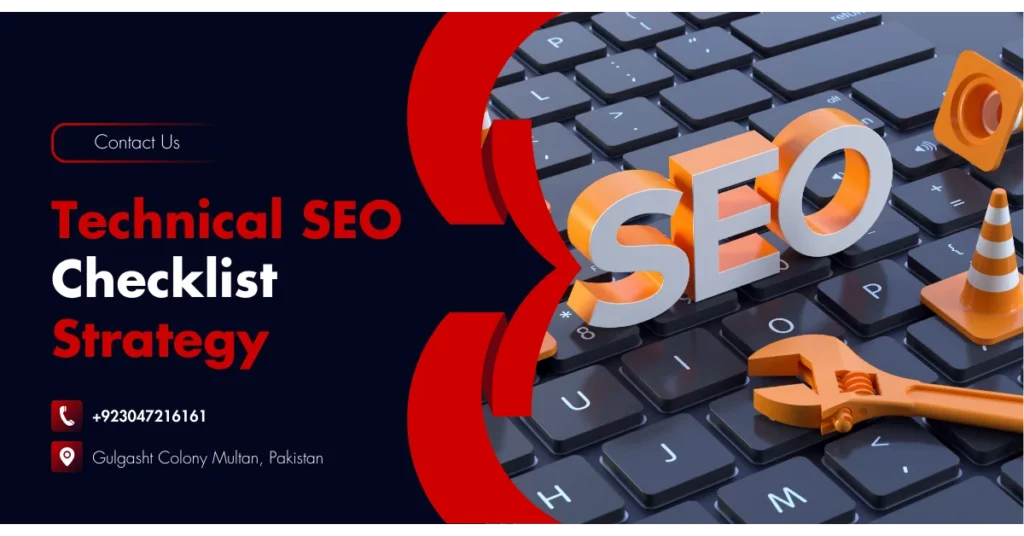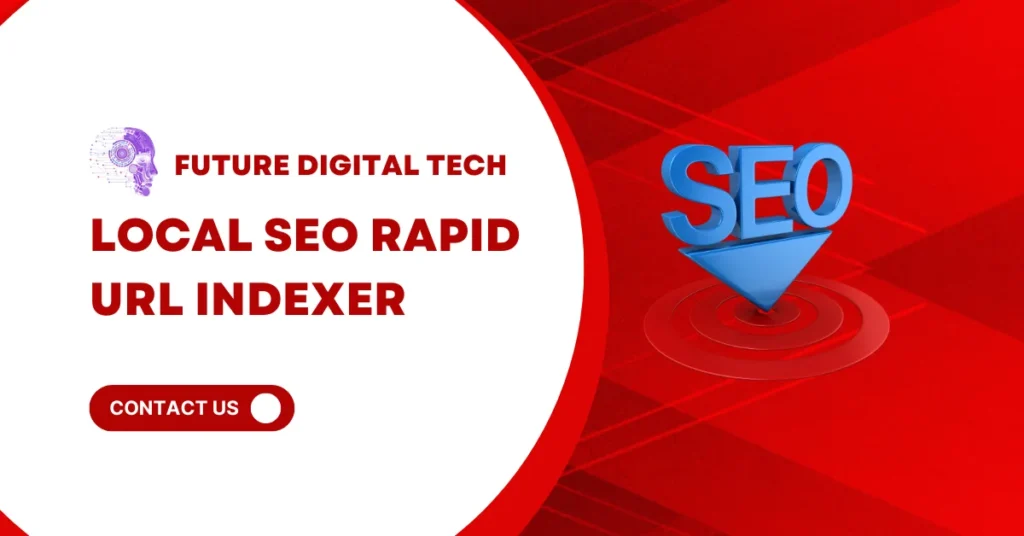A Complete Guide to Ranking Higher and Building Online Authority: Off Page SEO Checklist
Off Page SEO checklist: In the world of digital marketing everybody and every bussiness man wants to rank at the top of Google. But to get there, it takes more than just enhancing your site’s pages. This is the place off-page SEO is a must.
Off-page SEO is a method of establishing your website’s credibility and reputation through actions that occur beyond your website. These systems will not only aid in ranking higher in search results, but they can also increase trust, increase traffic to your site from referrals, and build your online reputation.
What Is Off-Page SEO?
Off-page SEO (or off-site SEO) refers to any actions outside of your site that affect the rankings of your website in search results. While on-page SEO is about optimizing your website’s content and structure while off-page SEO is focused on increasing your domain’s authority in terms of trust, brand credibility, and online visibility by utilizing the use of third-party validation.
Common off-page SEO activities include:
- Building backlinks
- Earning brand names
- Being featured in online directories
- PR and outreach to influencers
- Social media marketing
- Generating customer reviews
These actions show Google that other users trust your website which can dramatically boost the rankings of your site.
Why Is Off-Page SEO Important?
Off-Page Search Engines Optimization Search Engines such as Google employ more than 200 ranking factors, and a majority of them originate from signals that are not on the page. Without them, even the perfectly optimized site may fail to get noticed.
This is the reason why off-page SEO is vital:
1. Improves Domain Authority
The rate of your backlinks, as well as those from other reliable websites signal to Google that the content you post is worth a look. Moz’s Domain Authority and Ahrefs’ Domain Rating are fantastic needles of how robust your off-site shape is.
2. Increases Rankings
Google regards backlinks as “votes of confidence.” The more authority-based votes your website gets the higher it will be ranked, especially for keywords that are competitive.
3. Boosts Referral Traffic
Linking to popular sites can provide targeted visitors directly to your website Not just search-related traffic.
4. Builds Brand Trust
Positive reviews, brand mentions and media content build credibility. Credibility signals are essential to convert users into customers.
5. Enhances Search Engine Discoverability
The presence of strong off-page signals can assist your site to be more quickly crawled and indexed by search engines.
On-Page vs. Off-Page vs. Technical SEO
Three types of SEO search engine optimization collaborate. The following is how they differ:
TypeFocus AreaExamples
SEO on-page Structure and content on the site Keywords, meta tags, titles internal hyperlinks
Off-Page SEO Authority and trust off-site backlinks, Brand mentions, review
Technical SEO Backend enhancements Site speed, mobile-friendly, sitemaps
The differences between off-page and on-page SEO can help to create an appropriate SEO strategies.
Proven Off-Page SEO Techniques (With Examples)
Now let’s look at the most efficient off-page SEO strategies in 2025.
1. Backlink Building
It’s still the most potent off-page element. All backlinks are not the same. Quality beats quantity.
What is the best way to create solid backlinks
- Guest Posting: Publish valuable articles on reputable sites.
- Broken Link Building: Find dead hyperlinks and suggest your content as a substitute.
- Skyscraper Method: Improve top-performing content and extend to websites that are linked to less effective versions.
- Digital PR Make pitches for data-driven news releases or other content at journalists.
- Link Reclamation: Monitor and reclaim lost links.
2. Brand Mentions (Linked or Unlinked)
Without a link, an endorsement on a reputable website can help to establish credibility. Google uses entity recognition and co-citation to determine the importance of your website.
Examples:
- Press features
- Blog mentions
- Forums similar to Reddit as well as Quora
Tips for success: Set up Google Alerts for your brand to monitor mentions that are not linked.
3. Social Media Marketing
Although they aren’t direct ranking factors, they do enhances your content. More exposure = more backlinks, which means better rankings.
- Upload videos and blogs frequently
- Join niche Facebook/LinkedIn groups
- Utilize Instagram or Pinterest If your target market is visual
- Engage with your followers and influencers
4. Influencer Marketing & Outreach
if you want to Work with industry influencers or bloggers. Their media can help introduce your company’s brand name to new audiences. They also typically include backlinks in your posts or in videos.
Methods to accomplish it:
- Offer free products to review
- Invite influencers and other influential people to collaborate on content
- Utilize the acronym HARO (Help a Reporter out) to be quoted in the media
5. Content Marketing & Linkable Assets
A great content can earn links naturally. Make sure to create content that addresses problems or adds value.
Most effective options for building links:
- Infographics
- Research studies
- Ultimate guides
- Calculators or tools
- Tutorials and videos
Example of this: Backlinko’s off-page SEO guide is an important attraction to links.
6. Online Reviews & Testimonials
Invite satisfied customers to leave reviews on websites such as:
- Google Business Profile
- Trustpilot
- Yelp
- G2, Capterra (for SaaS)
- tripadvisor (for traveling)
Positive reviews increase local SEO and build trust.
7. Local SEO & Citations
Local businesses can benefit from off-page optimization includes placing your business in the local directory for your all website.
Top citations:
- Google Business Profile
- Bing Places
- Apple Maps
- Yelp, Foursquare, YellowPages
- Industry-specific directories
Ensure consistent NAP (Name, Address, Phone Number) across all listings.
Advanced Off-Page SEO Checklist Or Strategies
When you’re already practicing the basics, consider these strategies for advancing your skills:
– Create Interactive Tools
Minitools (like tools for calculation or calculators) are often popular because they are unique in their value.
– Launch a Data-Driven Study
People love to quote the latest statistics and survey.
– Build Topic Clusters
Connect your posts to the attract hyperlinks to the central page of the pillar on your site.
– Sponsor Events or Podcasts
Sponsorships typically are accompanied by dofollow links and significant referral traffic.
– Host a Giveaway or Contest
Find backlinks on contest directories Influencers, influencers, as well as the social sharing sites.
Off-Page SEO Checklist
The following is an outline of how to ensure you’re on top of your off-page strategy
- B may backlink to trustworthy sources
- Contribute guest blog posts to niche websites
- Monitor and retrieve hyperlinks that may have disappeared
- Promote content across social media
- Be a part of the news media or featured by prominent journalists or other people
- Register your business in important directories
- Encourage online reviews
- Use Google Alerts to find brand names and mentions
- Refrain from the spammy backlinks
Final Thoughts: Off-Page SEO is Authority in Action
To stand out in Google search results, you will be require more than just content. You need credibility. Off-page SEO represents your digital reputation. It shows your skills and earns the trust of your visitors and demonstrates to Google that your website deserves to be in the top position.
It doesn’t matter if it’s managing your own E-Commerce SEO For shop, a local blog, business or service firm A solid off-page strategy can boost your online success by 2025, and possibly beyond.
Frequently Asked Question (FAQs)
What is off-page SEO?
Off-page SEO refers the optimization of activities that are done off your website, including linking branding mentions, off-page SEO, and promotion of content that improves the search engine ranking.
What is the significance of off-page SEO?
Off-page SEO is a great way to improve the authority of your website as well as trust. It is essential to rank higher in search results, and also driving traffic to your site through other channels.
hats the main difference between off-page and off-page SEO?
On-page SEO focuses on optimizing the content on your site and its structure. Off-page SEO is the use of external signals, such as backlinks and reviews, and mentions of brands.
What are some examples Off-Page SEO?
Most common SEO off-page actions include guest posts as well as earning backlinks. Other common off-page SEO activities include social media sharing and influencer outreach, digital PR and inclusion in directories of online sites.
What tools can help you with off-page SEO?
The best tools are Ahrefs, SEMrush, Moz BuzzSumo, Google Search Console to track backlinks, monitor mentions and managing the outreach
How can I create quality backlinks?
Create content that is valuable write guest blog articles for niche blogs and fix damaged links that are on different websites Use PR outreach and give data-driven insight that other are eager to share.
Are social media a an off-page SEO component?
It’s true, while social signals aren’t able to directly affect rankings, they do increase the visibility of content and may help to build backlinks and branded web traffic.
Backlinking is it on-page SEO or Off-page SEO?
Off-page SEO. Backlinks are a key indicator of authority.
Which are the most effective off-page SEO strategies?
Backlink creation and brand mentions Social media engagement, PR as well as local and regional citations.

